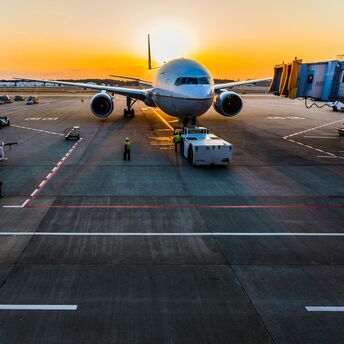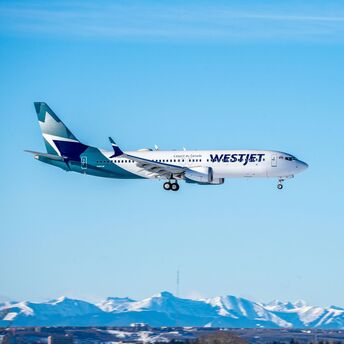Strikes at Gatwick Set to Disrupt Travel Plans This Spring

Industrial unrest is escalating at London Gatwick Airport, with workers from two airport service providers set to strike during the key travel period in May and June. Workers in charge of refueling planes and handling baggage at Gatwick say they’ll walk off the job, raising fears of airport delays. The planned industrial action is timed for May 11 and 16, likely to hit one of the busiest holiday windows of the spring.
The industrial action stems from unresolved disputes between staff and their employers regarding wages, late payments, and poor working conditions. A proposed 3.5% wage increase over two years was turned down by Redline employees, as Red Handling staff raised concerns over missed pension payments, delayed salaries, and anti-union practices. The Unite union is backing both groups, stating that repeated broken promises have left workers with no choice but to strike.
Workers at both companies have had enough of poor pay offers and appalling treatment from their employers and it is little surprise they are taking strike action.
For passengers, this could mean missed flights, long delays at terminals, and increased stress during one of the most popular travel periods in the UK. Unexpected delays could leave school holiday travellers scrambling for backup plans or searching for a place to sleep at short notice. Given the essential nature of refueling and baggage services, even minor disruptions could have ripple effects across daily flight operations.
While disruptive for travelers, the strikes are shining a light on deeper workplace issues that could push for long-overdue reforms. Greater scrutiny of employment practices at contracted airport service companies could push for better standards, ensuring more stable and respectful working environments. This in turn may lead to more reliable service for passengers in the long term, once disputes are resolved and trust is rebuilt.
Looking ahead, travelers using Gatwick are advised to stay flexible, monitor their flights closely, and prepare for potential disruption. This situation reveals how dependent air travel is on ground crews, with even minor disruptions throwing major flight schedules off course. While immediate consequences may be frustrating, the underlying push for fair treatment of essential workers could ultimately result in a more sustainable travel experience for everyone.



















